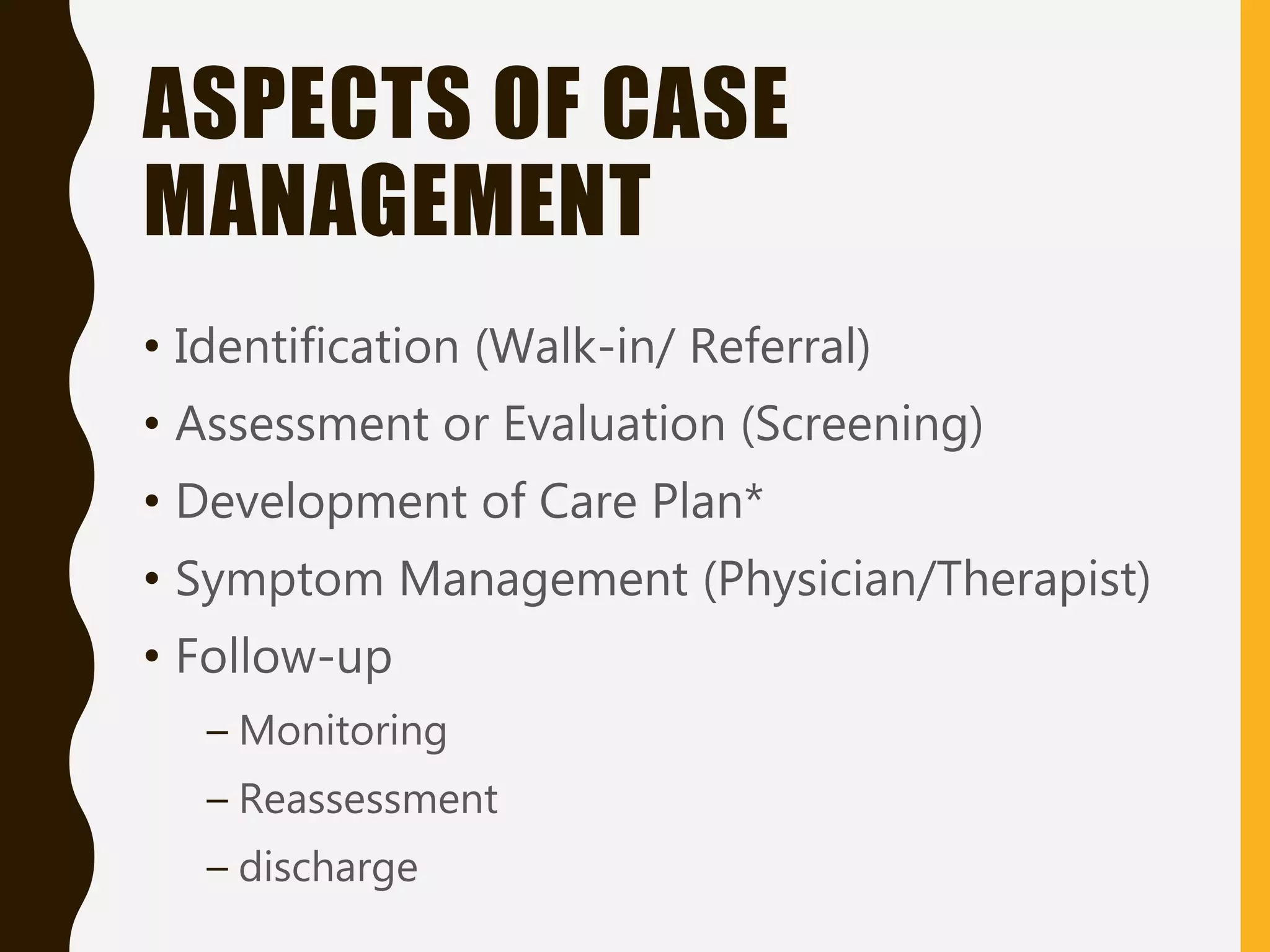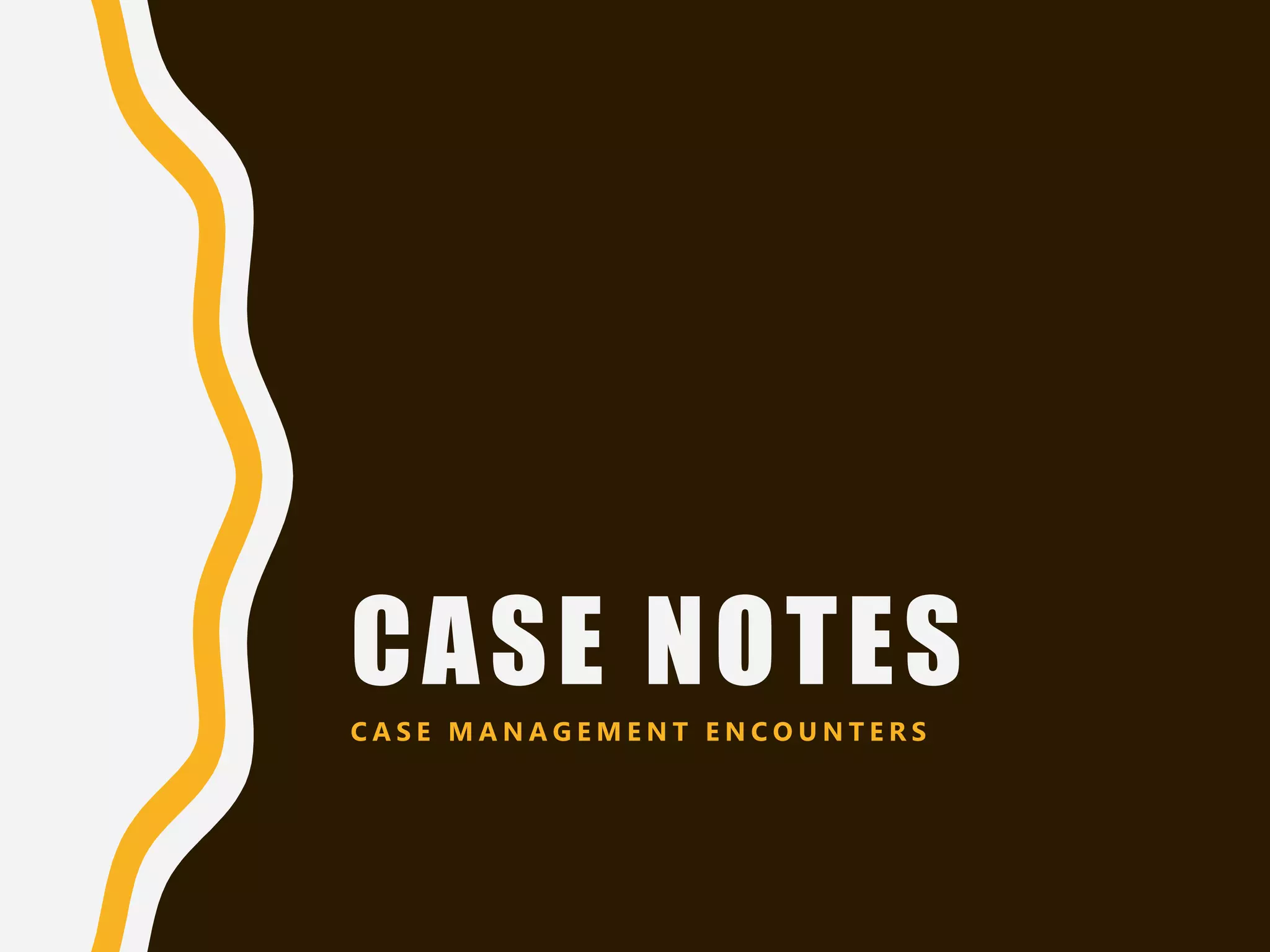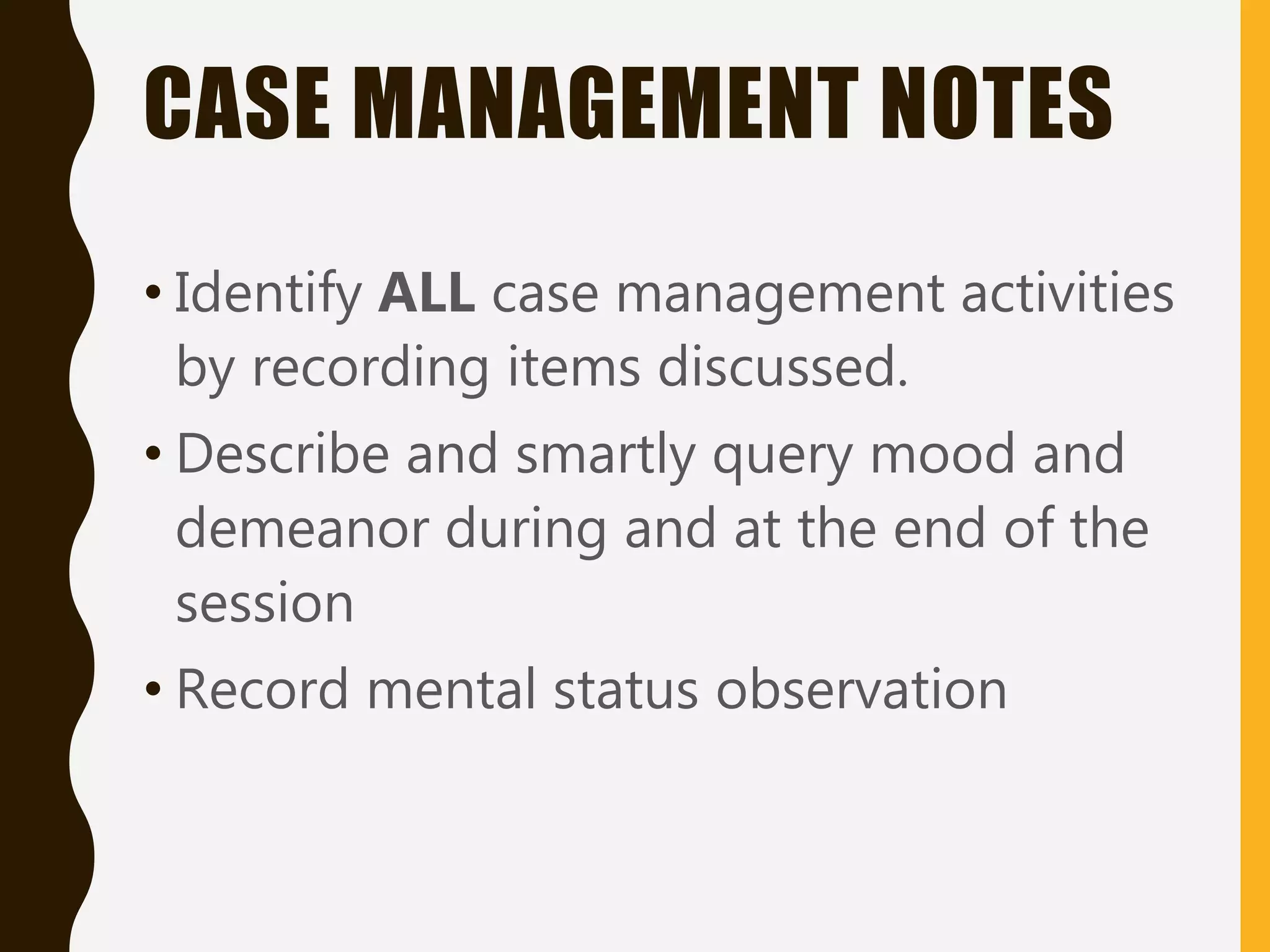Thank you for sharing your concerns. It sounds like you're dealing with a lot of stress and pressure. A few things that may help:
- Talk to your professors. Explain your situation and see if they can offer any support like extensions. Most want students to succeed.
- See if your school offers free counseling. Speaking to a counselor could help you manage stress and feel less alone.
- Be kind to yourself. It's okay if your grades aren't perfect right now. Focus on doing your best.
- Make time for relaxing activities, even just 30 minutes a day, to recharge.
You have people who want to help. Please remember this challenging time is temporary, and you

![NATIONAL ASSOCIATION OF STATE MENTAL
HEALTH PROGRAM DIRECTORS (NASMHPD)
• “a range of services provided to assist and support individuals in
developing their skills to gain access to needed medical,
behavioral health, housing, employment, social, educational
and other services essential to meeting basic human
services; linkages and training for patient served in the use of
basic community resources; and monitoring of overall service
delivery” (NASMHPD [2014]).](https://image.slidesharecdn.com/2b09d378-c662-4dc1-b5e2-170d37abc480-160905162204/75/Case-Management-Documentation-7-22-16-2-2048.jpg)























